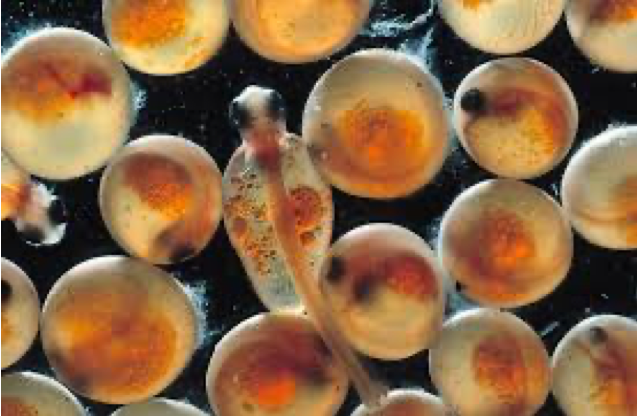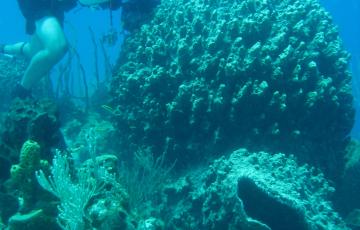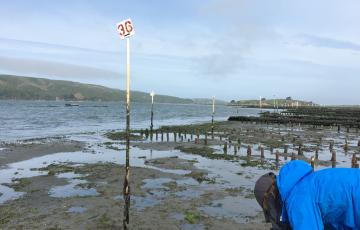How do fish reproduce?
To download the activity page, click here.
How do fish reproduce?

Reproduction is one of the most important events for all living species and ensures the continuation of the species from generation to generation. Babies (also known as offspring) are what keeps species going.
Wild fish reproduce in various ways depending on the species of fish. In most cases, the females release eggs into the water and they are immediately fertilized by sperm from the male. In the wild, fish can easily reproduce when they sexually mature.
Why do IMET scientists study fish reproduction?

At IMET, we are working on ways to make aquaculture, or fish farming, better. Aquaculture can help us reduce our reliance on wild fish as a food source. Since we want to grow generation after generation of fish, it is important to make sure that fish are able to produce offspring. In aquaculture, we often find that fish do not produce eggs or sperm properly. IMET scientists study fish reproduction so that they can help farmed fish thrive.
In order to encourage reproduction in captive fish, we need to understand fish endocrine system. There is a very important relationship between the brain, the pituitary gland, and the reproductive organs, or gonads. Signals are sent between these parts of the fish to encourage reproduction. The Zohar Lab at IMET studies these relationships in order to help farmed fish produce offspring. Such improvements in aquaculture will prevent overfishing of wild fish and provide healthy food to people.


